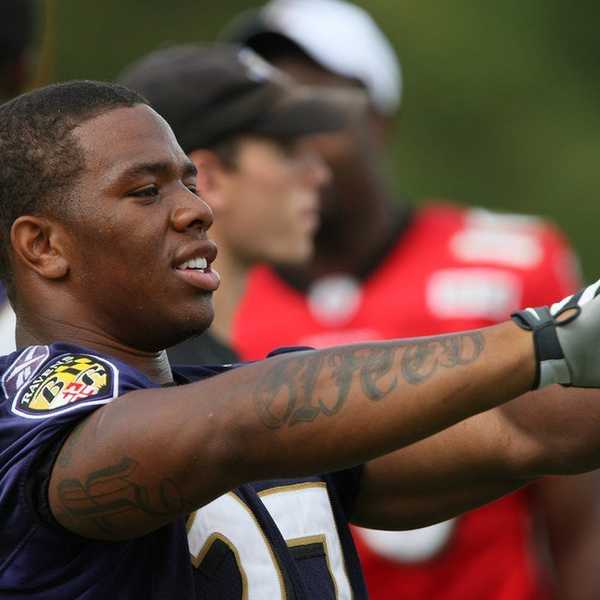Recently, fantasy sports companies have been criticized for constituting illegal, unregulated gambling. Earlier this week, New York attorney General Eric T. Schneiderman ordered that FanDuel and DraftKings, two of the largest fantasy sports companies, stop allowing entries in New York. Schneiderman gave this cease-and-desist order to protect consumers, but was it necessary?
As Schneiderman was considering issuing this order, DraftKings encouraged users to contact the attorney-general if they wanted to protect their right to play. It seems hypocritical that while Schneiderman aims to protect consumers, he is restricting their desire to compete in these fantasy games. Fantasy sports companies argue that because their games require more skill than luck, they cannot be considered gambling. The other side of the argument is that these fantasy websites are offering million dollar prizes and bets on individual sports, which takes away some of the skill involved. It doesn’t matter that these games were legally sanctioned under a 2006 federal law because the variety of games offered and types of betting have changed.
The topic of gambling on fantasy websites has become increasingly questioned by legislators. Schneiderman’s actions may continue in other states, and, as a result, these multi-million dollar companies are taking a huge hit. The problem extends beyond just the fantasy websites because companies like FanDuel and DraftKings have partnerships with major league sports teams, including nearly every NFL team, and other companies like Comcast, NBC, and Google. Both companies can challenge the attorney general’s order, but the state court would have to rule that chance is not a material factor in the determination of who wins.
The National Council on Problem Gaming makes an important distinction between the issues at hand. People who play the daily fantasy sports games are more likely to have severe gambling problems than people who compete in only season long games that have little risk. This is the same problem that made legislators and investigators question the legality of these websites. People were betting daily on one-time events like Nascar racing and martial arts more than ever. When these fantasy websites started most people played season long fantasy football, baseball, hockey, and other sports with seasons.
Regardless of whether these people have a gambling problem, is it the government’s job to help them? Schneiderman may think he’s doing a good thing by protecting the consumer, but at the same time he’s hurting all of those who don’t have gambling problems and just want to spice up their Sunday afternoons with a little fantasy football. Those with gambling problems will just look to other outlets if these fantasy sports websites are deemed illegal so Schneiderman should have looked at an alternative solution. He could’ve just restricted the daily betting or made daily betting for prizes rather than only money. This incident is the classic case of punishing everyone to protect a few people.





















